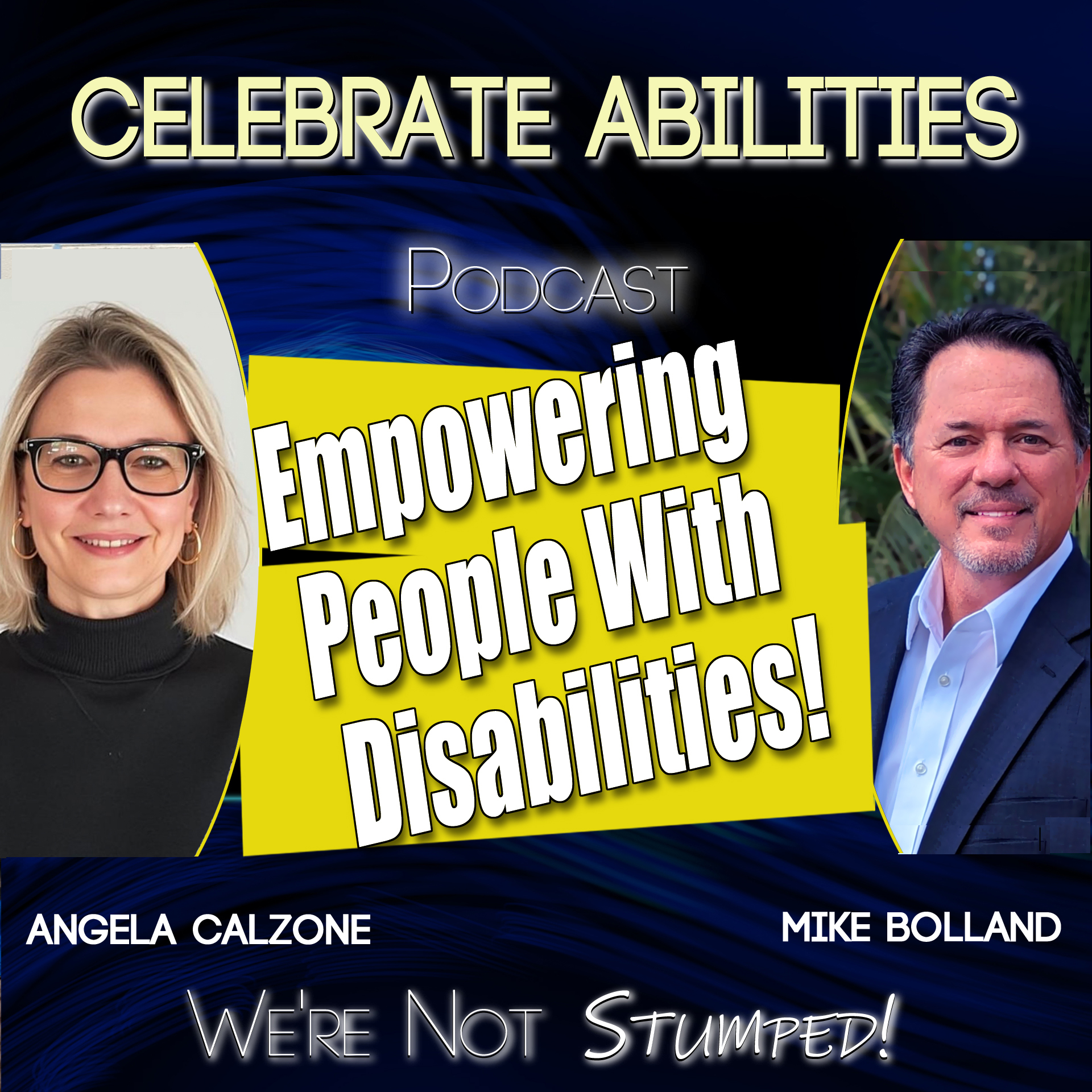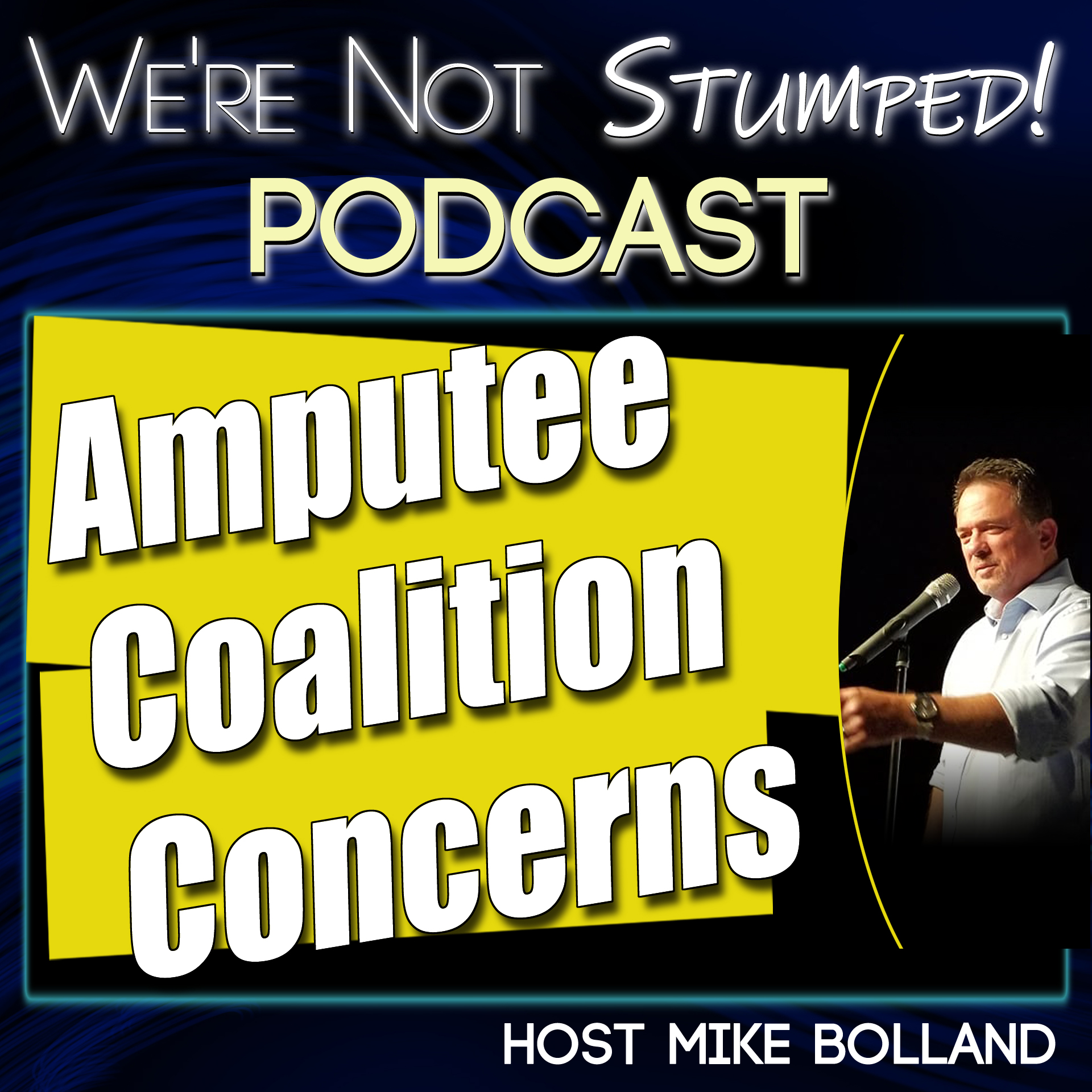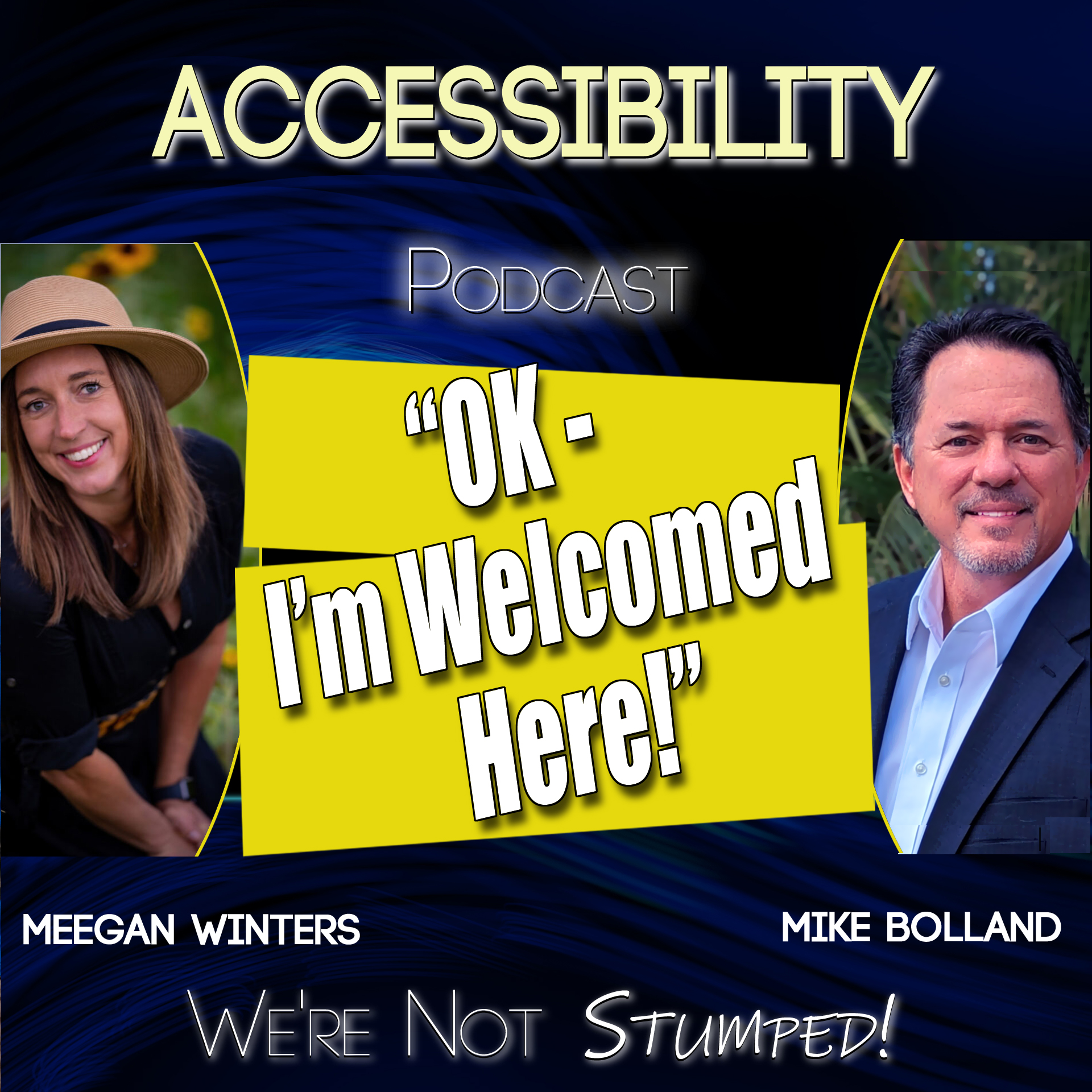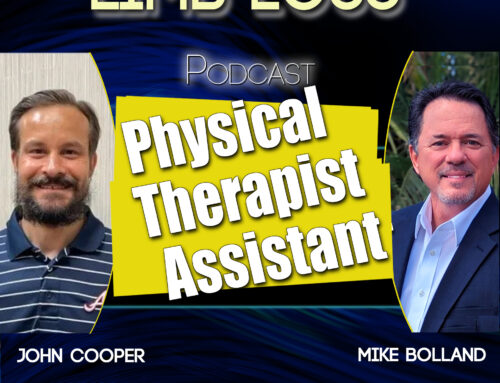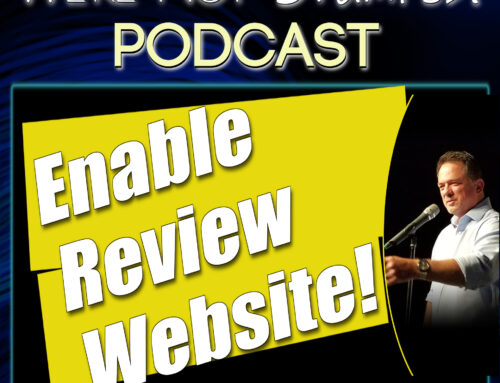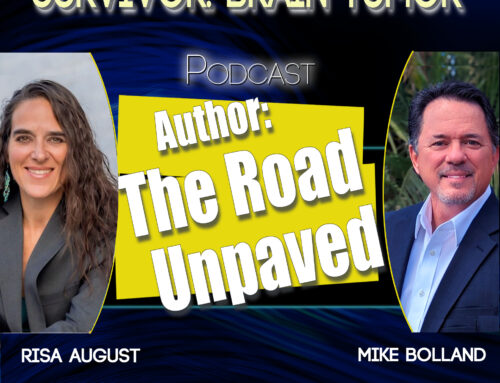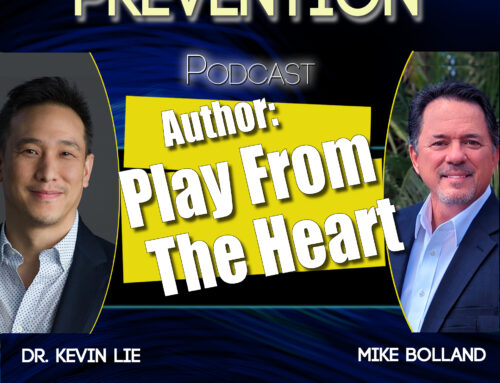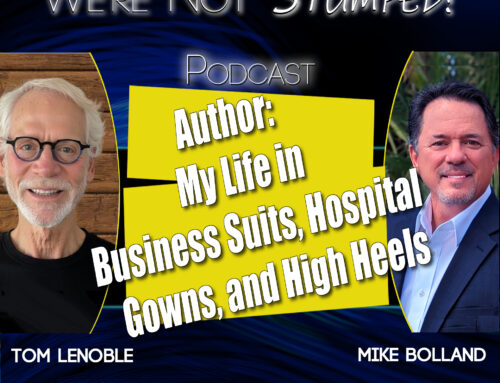In this powerful episode of We’re Not Stumped, Mike Bolland sits down with Kelvin Crosby , a remarkable individual whose journey from hearing loss and blindness to becoming an inventor, artist, and advocate will leave you inspired. Diagnosed with hearing loss as a child, Kelvin later lost his vision due to Usher Syndrome Type 2. He opens up about the emotional toll this took on him, including thoughts of suicide, and the turning point when he chose to embrace his deafblindness instead of letting it define him.
Kelvin shares how this decision sparked a new purpose in life—one rooted in helping others. His invention, the See Me Cane, is a game-changer for people with visual impairments. Designed to enhance safety and awareness, the cane features a light that gives users control over their environment while maintaining their ability to hear. Kelvin explains how this tool has not only improved his own life but also empowered others with confidence and mobility.
The conversation also explores Kelvin’s unexpected journey into pottery. Losing his vision at 32, he found healing through clay, eventually becoming the Deaf Blind Potter. What began as a side project blossomed into a thriving business and popular TikTok channel. Kelvin also shares his goal of funding 1,000 See Me Canes and his collaboration with an engineer to bring his invention to market.
Mike and Kelvin discuss his three podcasts—Perseverance Podcast, See Me Cane Podcast, and Investing in Accessibility—each focused on uplifting stories, product development, and accessibility innovation. They even touch on goalball, a thrilling Paralympic sport played by blind athletes.
Kelvin’s story is one of grit, creativity, and choosing joy. Whether you’re facing your own challenges or seeking inspiration, this episode reminds us that adversity can lead to purpose.
Links:
Personal Website: https://kelvincrosby.com/
DeafBlindPotter: https://www.deafblindpotter.com/
SeeMeCane: https://www.seemecane.com/
Listen on Apple Podcasts
Watch on YouTube
Listen on Spotify
In this inspiring episode of We’re Not Stumped, Mike Bolland sits down with Angela Calzone, President & CEO of Inroads to Opportunities, as the organization celebrates its 66th anniversary. With a bold goal to double the number of individuals served—from 400 to 800—over the next decade, Angela shares her passion for breaking down misconceptions about hiring people with disabilities and her mission to create lasting workforce inclusion. From her 35+ year career in the for-profit sector to leading one of the most impactful nonprofits in the disability community, Angela opens up about the challenges of funding, the critical need for employer partnerships, and the real business benefits of inclusive hiring. She also shares powerful success stories, the impact of Inroads’ vocational training programs, and why their largest-ever fundraiser was a milestone moment for the agency. Whether you’re an employer, advocate, or simply someone who believes in the value of diversity in the workplace, this episode will inspire you to see what’s possible when communities come together to create opportunities.
The Amputee Coalition is undergoing another major transition with the resignation of President & CEO Cass Isidro, who announced her last day will be August 22nd. In her farewell message, Isidro stated that her work had been about “restoring the Amputee Coalition to its original purpose with deeper community engagement.” That statement raises difficult questions: 👉 Why did the Coalition need to be “restored” in the first place? 👉 Has the organization lost focus on directly serving amputees? 👉 What does this leadership change mean for peer support, advocacy, and resources moving forward? In this episode of We’re Not Stumped, host Mike Bolland dives into the resignation news, shares community concerns, and examines whether the Amputee Coalition is truly on track to support the limb loss and limb difference community—or if amputees should be worried about its direction. Listeners are invited to join the conversation as the podcast takes on tough questions about the Coalition’s mission, leadership, and future.
In this episode of We’re Not Stumped, Mike Bolland sits down with Meegan Winters, CEO and founder of AbleVu, the innovative accessibility search platform making the world easier to navigate for everyone. Meegan shares her inspiring journey—from special education teacher to tech entrepreneur—and how her friendship with Jessica, a power wheelchair user, sparked her mission to improve accessibility for all. Mike and Meegan explore AbleVu’s evolution from virtual tours to a “TripAdvisor for accessibility,” the business model that empowers contributors, and why accessible information benefits both consumers and businesses. Along the way, Meegan opens up about leaving a stable career, overcoming the challenges of building a startup, and the fulfillment that comes from creating real-world impact. Discover how technology and empathy intersect to make the world more inclusive.

